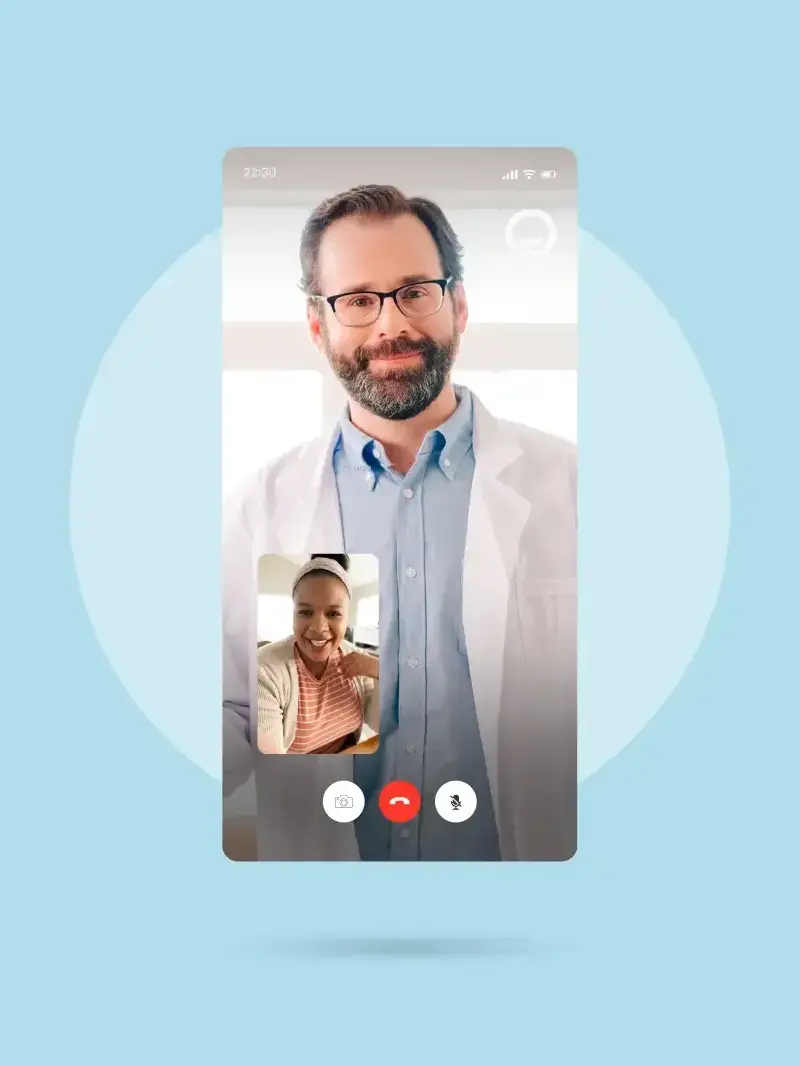Post-traumatic stress disorder (PTSD) develops when the brain’s response to a stressful event is so strong that it stays with you for many years after the event. Complex PTSD (CPTSD) can be caused after exposure to prolonged or repetitive traumas, whether big or small. The traumatic experience itself doesn’t cause PTSD; instead, the reaction you have to the trauma or traumas makes you more likely to develop PTSD. Here are few causes of PTSD:
-
Emotional trauma: This can come from any level of emotional distress that individually affects patients to the point of developing PTSD symptoms. Bullying, rejection, breakups, and emotional abuse can all lead people to developing PTSD.
-
Severe physical trauma: A person experiences an event that causes severe or prolonged pain, blood loss, or other severe physical damage to their body.
-
Traumatic life events: When someone goes through intense or prolonged events such as natural disasters, a death in the family, sexual abuse/assault, or joblessness, PTSD often develops.






